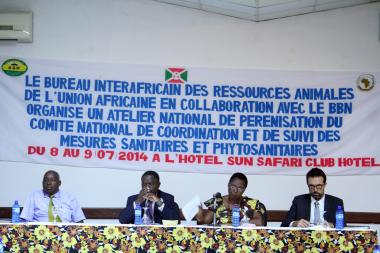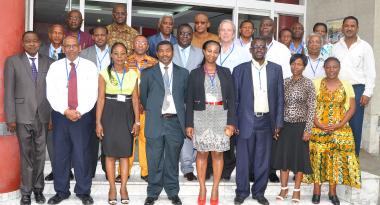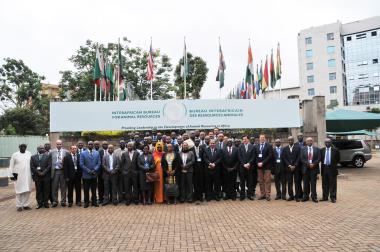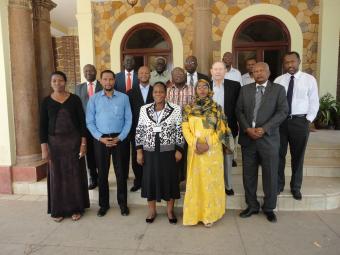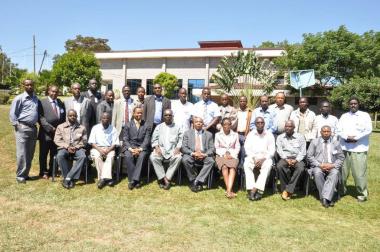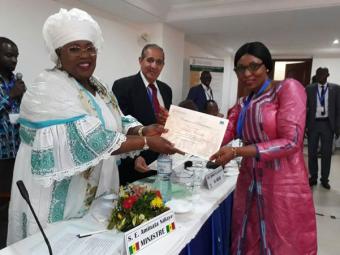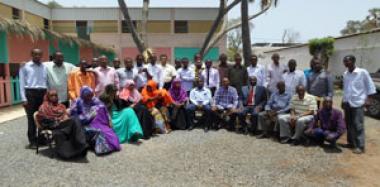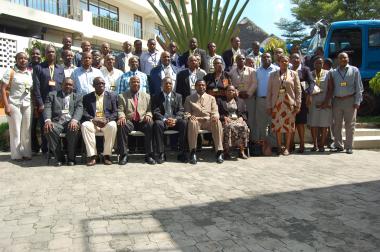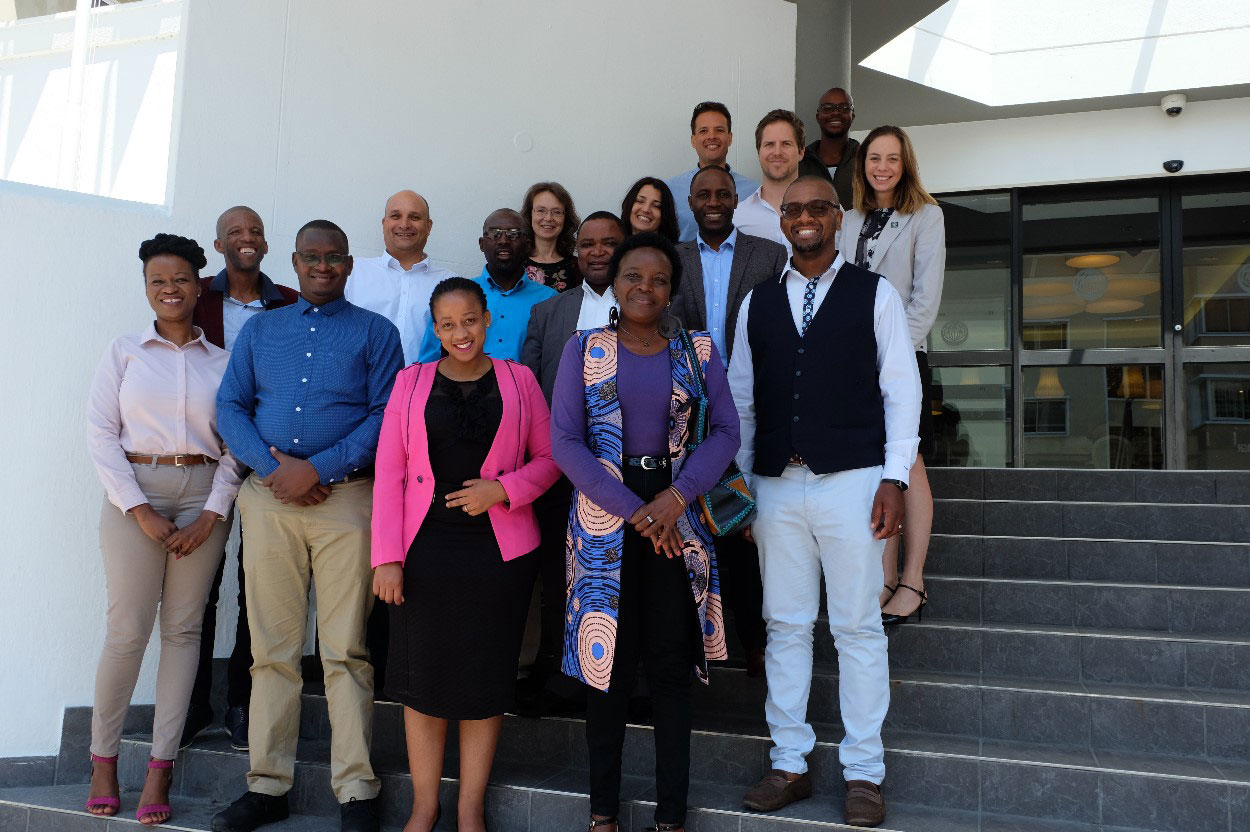
AU-IBAR has continued to provide support to ensure continuous awareness creation, sensitization and implementation of the Animal Welfare Strategy for Africa (AWSA), and backing the Africa Platform on Animal Welfare (APAW) endorsed in 2017 to transform the animal resources industry through adoption of good animal welfare practices for the human wellbeing, sustainable livelihoods, poverty reduction and economic growth.
AU-IBAR made a presentation during the First Southern African Regional Animal Welfare Summit: Focus on Poultry, held on 5th November, 2019 at the Protea Hotel by Marriott, Cape Town Sea Point. The meeting was hosted by Humane Society International and Coalition of African Animal Welfare Organisations.
In the AU-IBAR’s presentation during the Summit, it was noted that APAW is a continental multi-stakeholder’s platform that will bring together veterinary authorities, authorities in animal production and development, donors, development and technical partners, relevant Non-Governmental Organizations (NGOs), training institutions, research institutions and Civil Society Organizations (CSOs).
According to the presentation done by Dr Annie Lewa, the AU-IBAR’s Senior Projects and Programs Officer, the specific objectives of APAW include support to the implementation of the Animal Welfare Strategy in Africa (AWSA), follow up the progress of the AWSA action plan and to promote coordination, collaboration, information sharing and to foster partnerships on animal welfare among actors (users, beneficiaries and stakeholders).
APAW will also focus on coordination support to animal welfare from continental to regional and national levels, promote the animal welfare agenda across the continent through participatory approaches, community engagement and ownership.
In her presentation, Dr Lewa noted that emphasis will also be on fostering a holistic and multi-stakeholder approach ensuring good animal welfare practices in different contexts and situations in Africa.
“It will also provide guidance to countries and Regional Economic Communities (RECs) and stakeholders on priority intervention areas in animal welfare based on the African context,” she presented.
On the other hand, AWSA’s objectives include attaining behavior change, educate, inform, promote awareness, advocacy and good practices aligned to OIE standards, strengthen effective action on animal welfare (technologies, human resources, research, animal care, contribution to standard settings) and mainstreaming animal welfare in policies, strategies, legislation, investments, program and projects.
Dr Lewa regretted that little attention is given to policies, strategies and legislations on animal welfare in spite of the support and interventions by NGOs which focused mainly on companion and working animals.
“Animal welfare, a growing agenda worldwide desire to prevent and protect animals from unnecessary suffering, but necessary use of animals by humans to meet varies needs.”
Noting that IGAD has already developed an Animal welfare Strategy for the region, and that SADEC is in the process of developing one, Dr. Lewe recommended that there is need to continue unpacking the strategy if Member States are going to implement it, suggesting an implementation plan (roles/responsibilities, timelines, budgets) and an M&E framework with smart indicators, milestones and baselines, to track progress of implementation..
Making reference to the recently activity carried out in Gamboni where veterinary Legislation was reviewed and amendment, Dr. Lewa Annie recommended the need for APAW to use the same approach used by AU-IBAR to ensure inclusion of Animal Welfare policies and legislation in the process.
The Animal Welfare Taskforce membership comprises of AU-IBAR as chair, World Animal Protection (vice chair), FAO-ECTAD-EA, OIE, Brooke Hospital for animals, African Network for animal welfare (ANAW), Donkey Sanctuary, Regional Economic Communities: IGAD, ECCAS, ECOWAS and SADC, Representative of CVOs: DVS Kenya.

